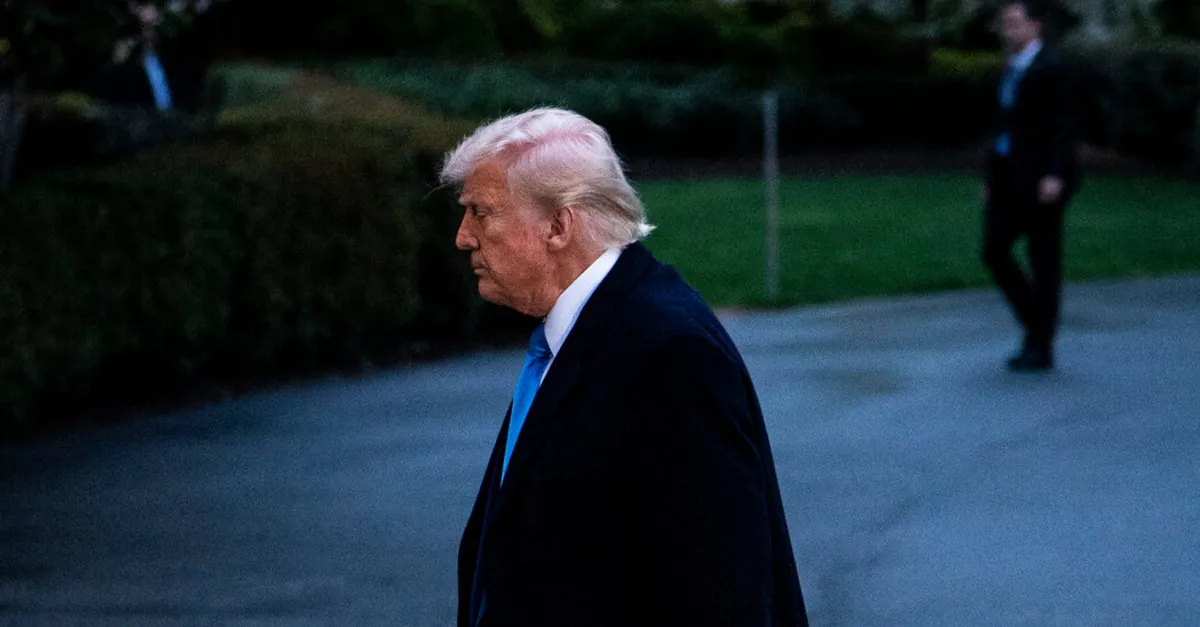
On Sunday, President Donald Trump made it clear that he would not consider reversing tariffs imposed on various nations unless the significant trade deficits faced by the United States, particularly with China, the European Union, and other countries, were eliminated. His remarks suggest that these steep import taxes, which have caused panic among global businesses and investors, are likely to remain in place for the foreseeable future.
“Hundreds of billions of dollars a year we lose with China,” President Trump stated while speaking to reporters aboard Air Force One. He emphasized that without a resolution to this issue, he would not move forward with any trade agreements. Trump expressed his willingness to engage in negotiations with China but insisted that they must address their trade surplus for any meaningful progress to occur.
Trump’s comments came shortly after his top advisers rushed to defend his expansive global tariffs, which had previously sent global markets into a tailspin just days prior. As Trump left his Mar-a-Lago estate en route to another day of golfing at his club in Jupiter, Florida, his leading economic advisers downplayed the chaos caused by the tariffs on financial markets worldwide. They maintained that the president's approach to the trade war would ultimately bolster the nation’s economic standing.
Despite the reassurances from his aides, there were conflicting messages regarding Trump’s perception of tariffs as a bargaining chip. On the same day, several of his aides mentioned that they had received inquiries from over 50 nations seeking ways to navigate the impact of the tariffs. “The tariffs are coming. Of course they are,” declared Howard Lutnick, the Commerce Secretary, during an appearance on CBS’s “Face the Nation.”
Overall, President Trump's unwavering stance on tariffs highlights a continuing commitment to addressing trade deficits while navigating complex international economic relations.